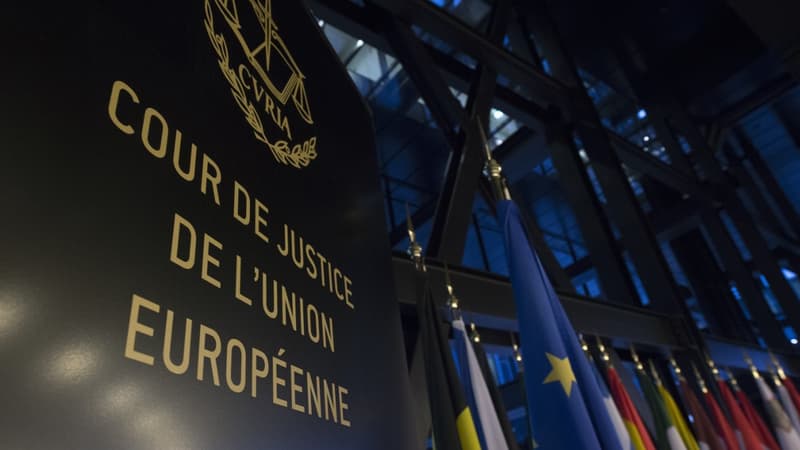The Commission is asked to change course. The Court of Justice of the EU (CJEU) ruled this Tuesday in favor of the French energy company Engie in a dispute with Brussels over controversial tax refunds in Luxembourg worth 120 million euros.
The court, which ruled in the final instance, decided to annul the decision of the European Commission to consider these tax advantages granted to Engie as illegal state aid, according to a statement from the Court. The magistrates followed the recommendation made in May by Attorney General Juliane Kokott.
Tax agreements
The Court considers that the Commission made “errors” that “contaminated (its) entire analysis (…) therefore the Commission’s decision is annulled.” Brussels opened an in-depth investigation in September 2016 into “two financial agreements” that allowed Engie to partially evade taxes in Luxembourg.
This investigation focused on the tax agreements concluded in 2008 and 2010 by the Grand Duchy with the energy company, for the benefit of two group companies established in the country: Engie LNG Supply and Engie Treasury Management. In June 2018, the European Commission concluded that the Engie group had benefited from illegal tax advantages in Luxembourg and demanded the Grand Duchy recover 120 million euros from the company of which the French State is the main shareholder.
Losing streak
Engie and Luxembourg initially appealed to the General Court of the European Union, which ruled in favor of the Commission and rejected their appeals. They then appealed to the Court of Justice. The European Commission has already suffered a series of defeats in similar cases. Last year, the car manufacturer Fiat (Stellantis group) obtained from the CJEU the annulment of a Brussels decision that required it to repay 30 million euros in tax benefits to Luxembourg.
The Commission also lost to Apple, Amazon and Starbucks in other tax disputes in Ireland, Luxembourg and the Netherlands. However, Apple’s victory in the first instance has recently been called into question. In a non-binding opinion but generally followed by judges, the Advocate General of the CJEU recommended in November that this dispute that has pitted the iPhone manufacturer against the European Commission for more than 13 billion euros in taxes be retried for seven years. backwards in Ireland.
Source: BFM TV


